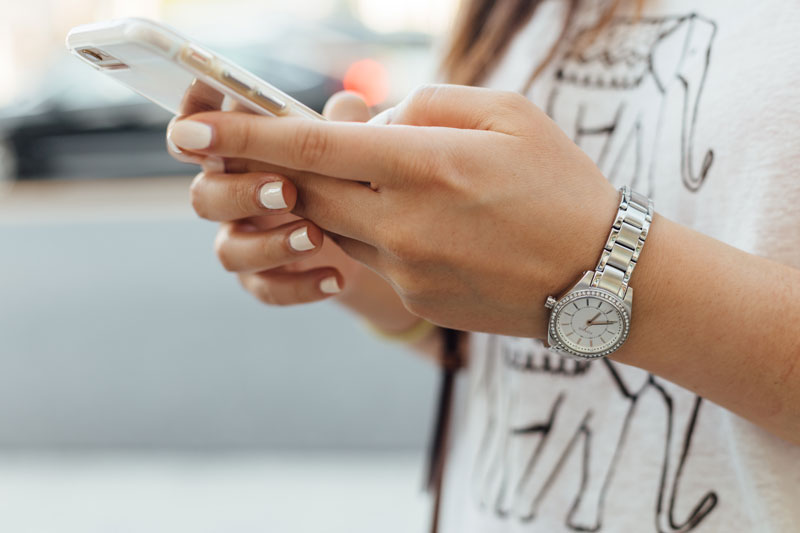The average American spends over 11 hours every day staring at a screen, according to a recent study by market research group Nielsen, and it is easy to see how this is harming their physical and mental health. Sedentarism (sitting and spending time indoors) is rife and is linked to poor sleep, obesity, heart diseases, and Type 2 diabetes. Too much time online is also linked to mental issues – including depression. If you’ve been wondering what to do this summer, why not take a digital break, going for a long camping, seaside, or mountainside escape – one in which you are so busy you don’t even have time to check your notifications?
Screen Time and Weight Gain
If you’ve been wanting to lose excess weight, a digital detox may be the perfect motivator to get you off your feet and into the gym. Too much screen time is a contributing factor to weight gain, primarily because it takes up so much time. Kids who put in a seven-hour day at school can find it hard to find free time as it is and the same goes for adults clocking in long hours at the office. Getting used to watching specific shows, surfing on YouTube, or playing Fortnite and other games is fun and somewhat addictive.

How Screens Affect Sleep
Setting aside your tablets, smartphones, and desktop computers (or at least limiting their use to the morning) will aid you in one unexpected way: it will help you feel sleepier at night! Americans are sleep deprived as it is, with the Centers for Disease Control and Prevention finding that only one in three adults is getting the recommended seven to nine hours nightly. Too much screen time – especially in the evening – increases alertness, which is the opposite state you need to be in to get a good night’s sleep. The main culprit is blue light emitted by screens, which delays the release of sleep-inducing melatonin and resets the body’s biological clock.
To sleep well, limit your screen time to earlier in the day and aim to align sleep with your body’s circadian rhythms (biological clock) by ensuring your room is cool, dark, and comfortable. Your bed should also be the right firmness for your sleeping position (e.g. side sleepers need a mattress that supports all pressure points, while back sleepers require extra firmness). When exploring which mattress is right for you, check which sleeping positions the different mattress types are best for.
Digital Use and Depression
Avoiding gadgets for a few days or weeks is ideal if you are feeling a little low or anxious. A March 2019 study published in the Journal of Abnormal Psychology found that the percentage of teens and young adults with depression has risen exponentially over the past decade, with researchers concluding that the rise in smartphone and social media use is to blame.
Previous studies had already shown that social interaction is important for mental health. Interacting via social media is not quite so fulfilling, since you cannot “reach out and give the person a hug.” A digital detox will give you the motivation to call a friend and do fun, ‘old school’ things like watch a movie together, grab lunch, or even go for a stress-relieving hike in a green area or seaside.
The above studies are just a few of many carried out into the effects of overuse of technology on physical and mental health. A digital detox can be light or radical, but whichever you choose, it can help improve your health and well being. If you cannot do away with gadgets completely, try limiting their use to the morning and early afternoon. Ensure you have enough time in the evening and at night to unwind, connect with your loved ones, and relax; your sleep quality and quantity depend on it!
